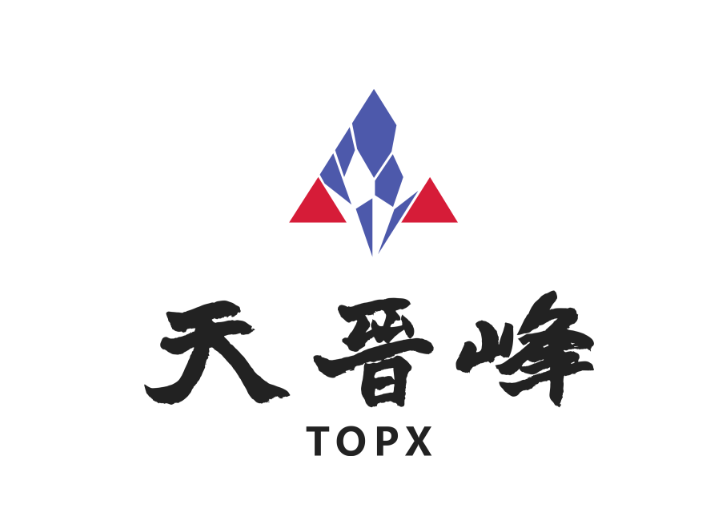Establishing an overseas company

Establish overseas companies, BVI registered companies, Cayman Islands registered companies
Why do you need to set up an overseas company?
Shareholders and controlling parties hope to obtain a certain degree of confidentiality, or hope to reduce the constraints of supervisory agencies on equity transfers.
For example: if a Hong Kong property company is established in Hong Kong by means of an overseas company, and if the Hong Kong company holds local properties in BVI, when selling the property to transfer the owner, only the share change needs to be made in BVI, which can greatly reduce the payment of Hong Kong property stamp duty.
How should investors choose to set up an overseas company? The more common options are to register in the British Virgin Islands (BVI company) and the Cayman Islands (Cayman Islands). How do you choose between the two?
To answer the above questions, investors should consider many factors, such as budget, purpose, strategy, etc., to choose the appropriate jurisdiction for their offshore company. Therefore, the Company does not try to recommend or guide clients to prefer one jurisdiction over another. The Company will show the main differences between the British Virgin Islands (BVI) and the Cayman Islands.
1. Similarities
The British Virgin Islands (BVI) and the Cayman Islands are British Overseas Territories. Each jurisdiction has its own government responsible for internal self-government, while the UK is responsible for external affairs, defence and the courts (both islands have the same legal system).
The British Virgin Islands and the Cayman Islands are well-known jurisdictions for offshore companies. The governments have created an open environment and established effective regulations to attract foreign investors. Offshore companies in the British Virgin Islands and the Cayman Islands will receive huge benefits, including:
There is no corporate tax on companies and no capital controls
No tax on inheritance and gifts to individuals
Simple and effective registration system
Confidentiality of owner and shareholder information
Asset protection and a solid legal framework
Agreements with many jurisdictions and territories to avoid double taxation
2. Differences between registration in the British Virgin Islands and registration in the Cayman Islands
However, there are some differences between the BVI and the Cayman Islands:
The first difference between the two British Overseas Territories comes from the purpose for which offshore companies are used, especially in terms of confidentiality and holding company structures. People prefer to set up a BVI company to protect information about shareholders and the board of directors. The BVI has the strongest laws in terms of confidentiality and stakeholders feel assured that they will set up a company in the BVI when their information is protected by law. The British Virgin Islands International Business Companies Ordinance 1984 (as amended) contains extended privileges for companies and strict confidentiality requirements.
On the other hand, the Cayman Islands is known as one of the hot jurisdictions for financial supervision. For funds, banks, and wealthy people, it will be a good choice to explore financial opportunities across borders through the financial license of the Cayman Islands government.
The regulatory framework is the second difference between the BVI and the Cayman Islands. While both countries require companies to audit their investment funds, the BVI does not require companies to follow local audits, while the Cayman Islands requires companies engaged in funds to have their audits conducted locally.
Benefits of BVI Company
Incorporating a company in the British Virgin Islands is quicker than in the Cayman Islands. The process starts with filing the Memorandum and Articles of Association (MAA), the Articles signed by the proposed Registered Agent (RA – must be filed for his consent to act) submitting the MAA, a copy of the Articles and obtaining the Certificate of Incorporation usually takes 24 hours in the British Virgin Islands. The registrant will receive the Certificate of Incorporation within five business days, or two business days after providing an additional surcharge.
In addition, the pre-approved functions of investment role licenses issued by China, Hong Kong, Brazil, the United States and the United Kingdom are accepted in the British Virgin Islands, so no further approval functions are required. In view of the fact that investors in the Cayman Islands may spend more time, add more legal fees and expenses to apply for new regulatory licenses when the Cayman Islands government does not grant pre-approved investment role functions, including managers, administrators, trustees, auditors, etc. issued by other countries /regions. Generally, the incorporation process in the British Virgin Islands may take four to five hours, and in the Cayman Islands may take one to two days.
The British Virgin Islands attracts more investors from Russia, Asia, and is not a bad idea for small business owners with limited budgets, where corporate privacy is their main concern, and the Cayman Islands is an ideal location for large corporates looking for investment opportunities in the fund space or using the proposed company as a future holding structure and familiar with many institutional investors from South America and Western Europe.
Tax savings, simple registration process, confidentiality, asset protection and the opportunity to go international are the main benefits of setting up a company in the British Virgin Islands and the Cayman Islands. However, you should carefully consider your needs, objectives and circumstances when choosing a country.
